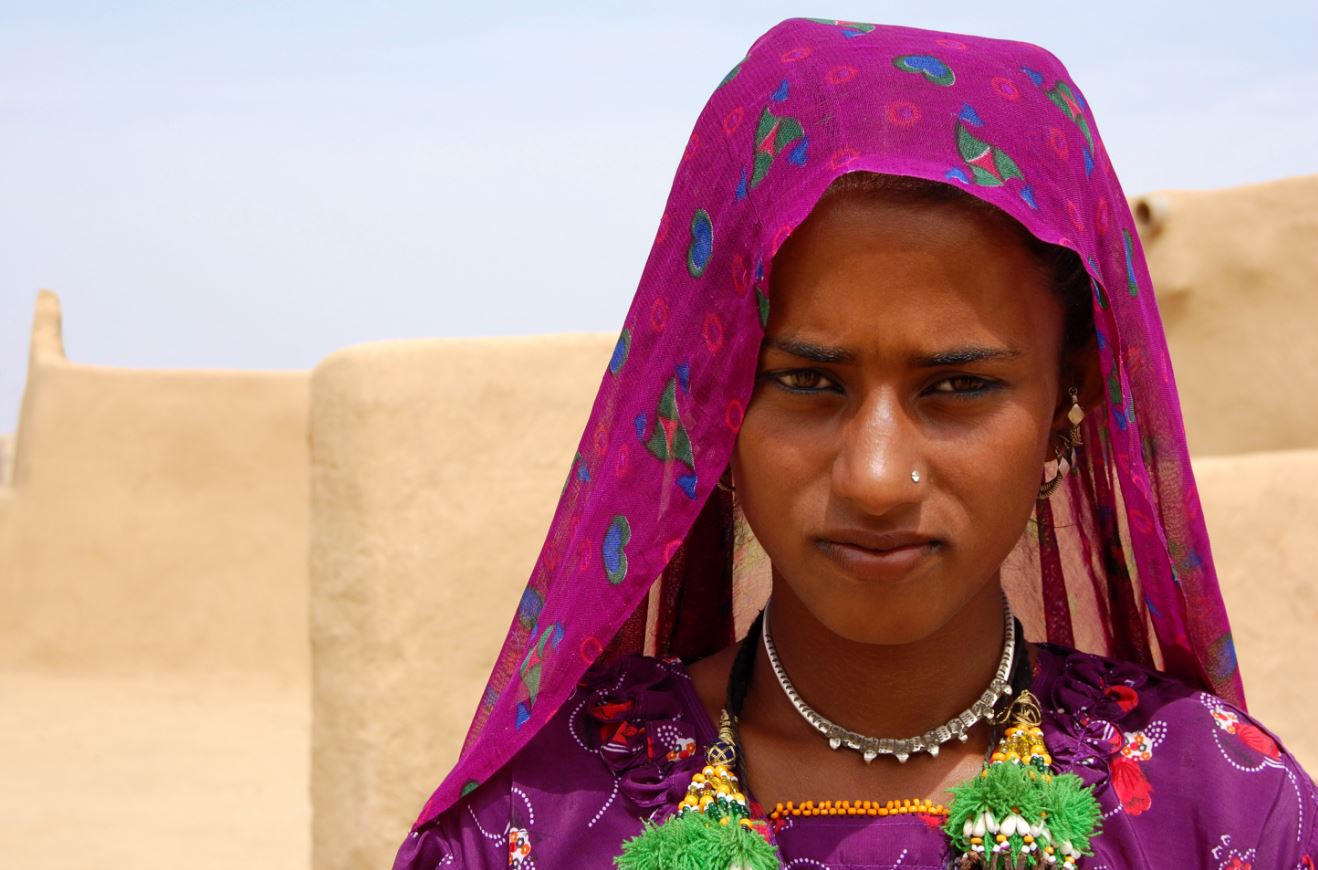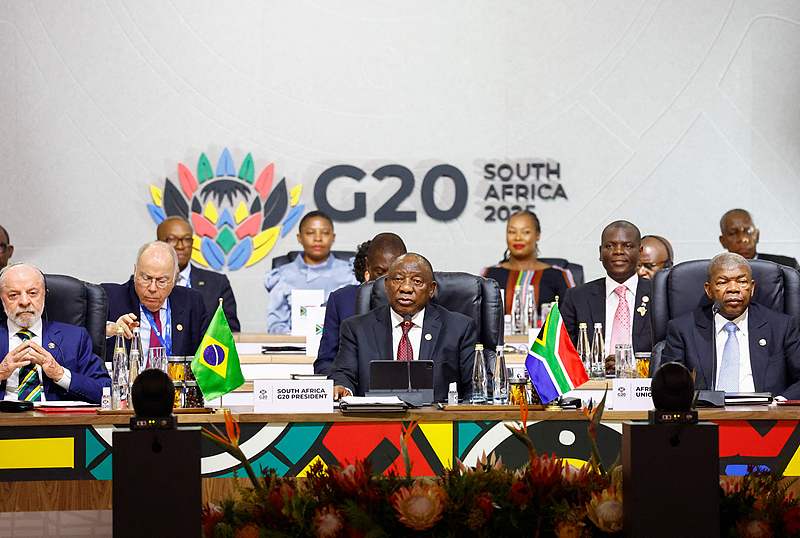
India’s top court reviews controversial Islamic practice of ‘instant divorce’

India’s Supreme Court has formally opened a hearing on the widely-controversial Islamic practice of instant divorce.
The practice, known as “Triple Talaq“, is where a Muslim man can divorce his wife in minutes by saying the word talaq (divorce) three times.
India is one of a handful of countries where this is still a legitimate process of divorce.
The country’s top court said it would examine whether Triple Talaq was fundamental to the religion.
“If we come to a conclusion that Triple Talaq is part of [the] fundamental right to religion, we will not interfere,” the apex court said, according to the Times of India.
“We will also determine whether Triple Talaq is sacramental and whether it can be enforced as a fundamental right.”
Some Muslim groups have opposed the court’s intervention in their religious traditions, although the move has been given the full backing of the Indian government and Prime Minister Narendra Modi.
The case will be heard by a multi-faith bench made up of five judges – a Hindu, a Sikh, a Christian, a Zoroastrian and a Muslim.
The bench has combined several petitions from Muslim women and rights groups into one to examine the issue, according to the BBC.
The opposing sides have been given three days each to argue their cases, with the court saying the hearing will end by May 19.
A judgement is expected to be delivered in the coming weeks.
For years, Muslim women in India have been demanding a ban on the practice that they view as disgraceful.
The practice has caused thousands of women to be abandoned by their husbands over the years.
Muslims are currently India’s largest minority community with a population of around 155 million. Their marriages and divorces are governed by the Muslim personal law, mostly based on Sharia, or Islamic law.
The law came into force in 1937 and lays out that, in matters of personal dispute, the state cannot interfere.
Even though it has been practised for decades, the Triple Talaq divorce is not mentioned in Sharia or the Koran. With the rise of Social Media, Muslim men have forced instant divorces over WhatsApp, Facebook and Skype – according to reports.
Islamic scholars say the Koran clearly spells out how to issue a formal divorce, stating that it has to be spread out over three months to allow the couple time for reflection and potential reconciliation.






